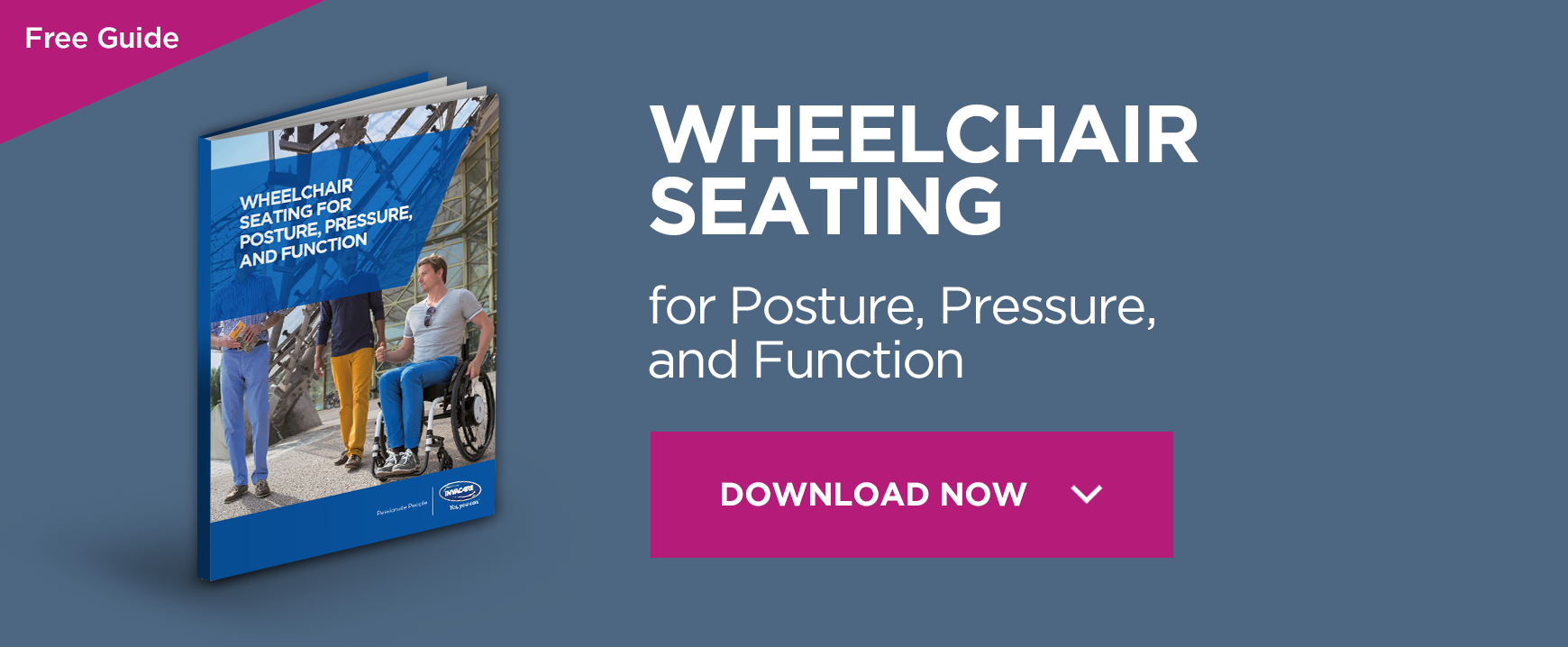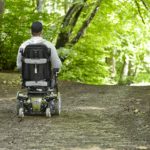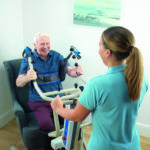How a spinal cord injury can affect your breathing

Damage to your spinal cord may cause a loss or decrease of control over different body parts.
As breathing is controlled by muscle action you may experience difficulty in respiring. Being unable to inhale and exhale completely, and losing the capacity to cough can lead to the development of infections in the lungs and even to pneumonia.
Ventilator users should receive active chest physiotherapy
If you have suffered a severe spinal cord injury you may have lost all control of the muscles required for respiration. You will almost certainly depend on a ventilator in order to breathe. Your carer should perform active chest physiotherapy to maintain lung health, and they must be alert for any signs of infection and initiate the indicated treatment promptly.
Exercises can improve the health and functioning of your lungs
If you have some muscle control, regular breathing exercises can help to strengthen the muscles and make respiration easier. Exhaling forcefully is a good way to start.
With daily practice, you will find that you can control and improve your inhalation and exhalation cycles. This increases the amount of air entering your lungs and promotes better overall health.
Learning to cough will reduce congestion and improve breathing
After suffering a spinal cord injury, you may find that you are no longer able to cough in the way that you used to. Coughing is important to loosen mucus and to ease lung congestion. As your respiratory muscles develop you may be able to learn to cough in a different way, or, try coughing when in a different position. Your carer may need to use mechanical assistance to remove mucus if you are unable to cough.
Get vaccinated, and be aware of the signs and symptoms of pneumonia
Ask your doctor about getting a vaccination against pneumonia. Acquaint yourself with the danger signs of pneumonia and seek medical help immediately if you think you are exhibiting any of them.
Drinking lots of water and eating well can help your breathing
Drinking plenty of water will help to keep the mucus thinner and easier to remove. Eating healthily will provide you with the nourishment necessary to battle infections as well as keeping you at a healthy weight so as not to increase the work of your lungs.
Say no to cigarettes and give your lungs a helping hand
If you are a smoker, we recommend you to stop to reduce the risk of infections and disease of your lungs.







